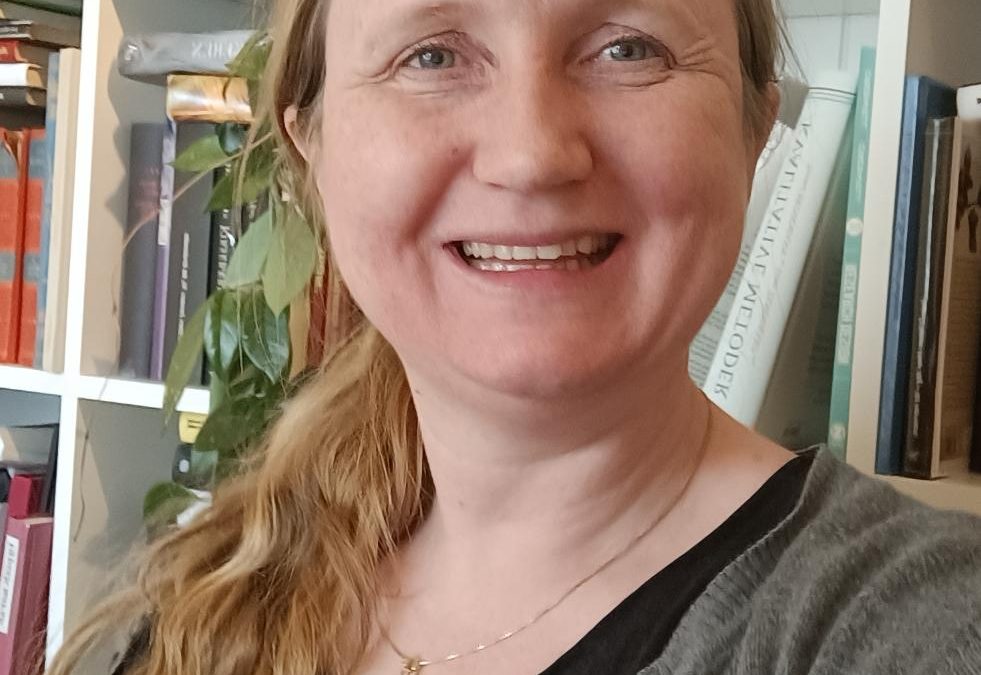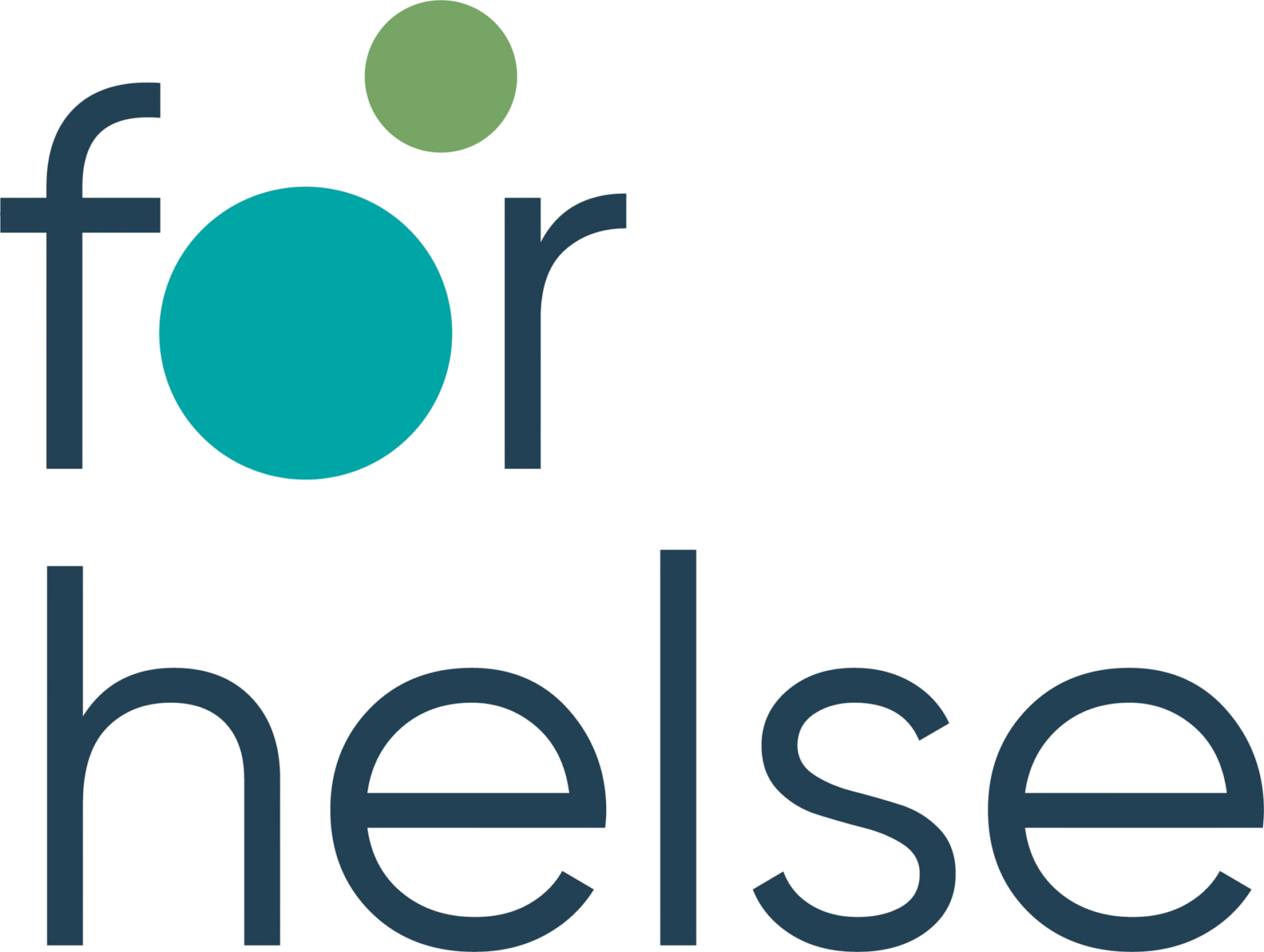Meet PhD fellow Beate Standal

Forhelse has recently had a number of new PhD-fellows join the various projects. In the autumn of 2021, we had the talented Beate Standal join the team, whom we will now get to know a little better.
She became interested in digital psychological interventions in 2006 and it has followed her throughout her entire study- and working life.
Standal has several years’ experience from both primary and specialist health services and has experienced in various circumstances that it is “tough” to start treatments such as guided self-help. She has been curious about why that is.
-Why did you want to be a part of Forhelse?
– When I saw the advertisement for the research fellow position that dealt with the implementation of digital psychological interventions, I immediately thought that this is a field in which I would like to contribute with research. It is difficult to intuitively understand which factors are important for the implementation of this type of methods, so systematic research is welcome. As long as the extent of mental health problems – and especially the suffering for the individual – is so substantial, I think that the way we prioritize our treatment resources must be an important topic, says Standal. Standal is a psychologist from UIB, a specialist in clinical adult psychology and has further education in cognitive therapy.
– If we, with the help of tailor-made implementation, can increase the likelyhood that knowledge-based methods will be used in the healthcare system, one can perhaps spare others from “tough” implementation processes, and most importantly; make the treatment available more quickly to those who need it, she adds.
Faster implementation
The project Standal is a part of, is included in work package 4 and deals with how to best implement the digital interventions which have been developed. You can read more here. The aim of Standal’s PhD project is to try and find out what makes the implementation of digital psychological interventions not go faster.
– Today, we can see that the digital treatments for mental disorders are not used to their full potential, and I will try to figure out why that is, by interviewing therapists, leaders and users of these interventions, adds Standal. Right now she is transcribing interviews that were done this spring with therapists and managers, so that she can analyze them qualitatively.
–What do you think will be important in the digital future?
– We must realize that the future will largely be digital and that we must prepare accordingly. Among other things, this involves doing digitalisation in such a way that everyone is included. There are far too many people who are kept out of the digital world. This includes, among other things, ensuring that digital solutions are adapted to different groups and ensuring that those who need training to be able to use the solutions receive this, says Standal.
-What kind of challenges do you see yourself encountering along the way?
– As in all large and long-term projects, it is almost impossible to envisage all the challenges that one might come across. A challenge for me personally is that it has been a long tim esince I studied, so getting into reading and familiarizing myself with current literature takes some time. Otherwise, I expect that I will periodically feel that the project is not moving forward quickly enough. I also have the additional challenge of keeping in touch with my colleagues as I am mainly based in my home office in Ålesund. Fortunately, digital meetings can largely compensate for this, says Standal.
Passion
Standal has gradually gained a lot of faith in digital psychological interventions and has seen the usefulness of this in practice. She believes that it provides a good and accessible treatment to patients and that is motivating for therapists to work with. In addition, she points out that for her it is also about an ethical aspect; insufficient therapist resources make it necessary to offer types of treatment that require little resources to ensure that as many people as possible get access to treatment.
-Few things can beat the feeling you get as a therapist when you meet a patient who has recieved good help from the treatment in a short amount of time. My biggest contribution to the research project will be the great passion I have to help spread the great treatment to those who need it. It feels inspiring to think that I might be able to influence this important part of the research, it is really meaningful, says Standal enthusiastically.
-What makes you look forward to going to work?
– The most wonderful thing about the job as a PhD candidate is the opportunity I have to design my own project and my own working days. I also learn something new every single day, which is incredibly inspiring, says Standal.
– In addition, Forhelse has an exciting environment to which many dedicated and skilled people are connected. There is a lot of important research going on here, she adds in conclusion.
